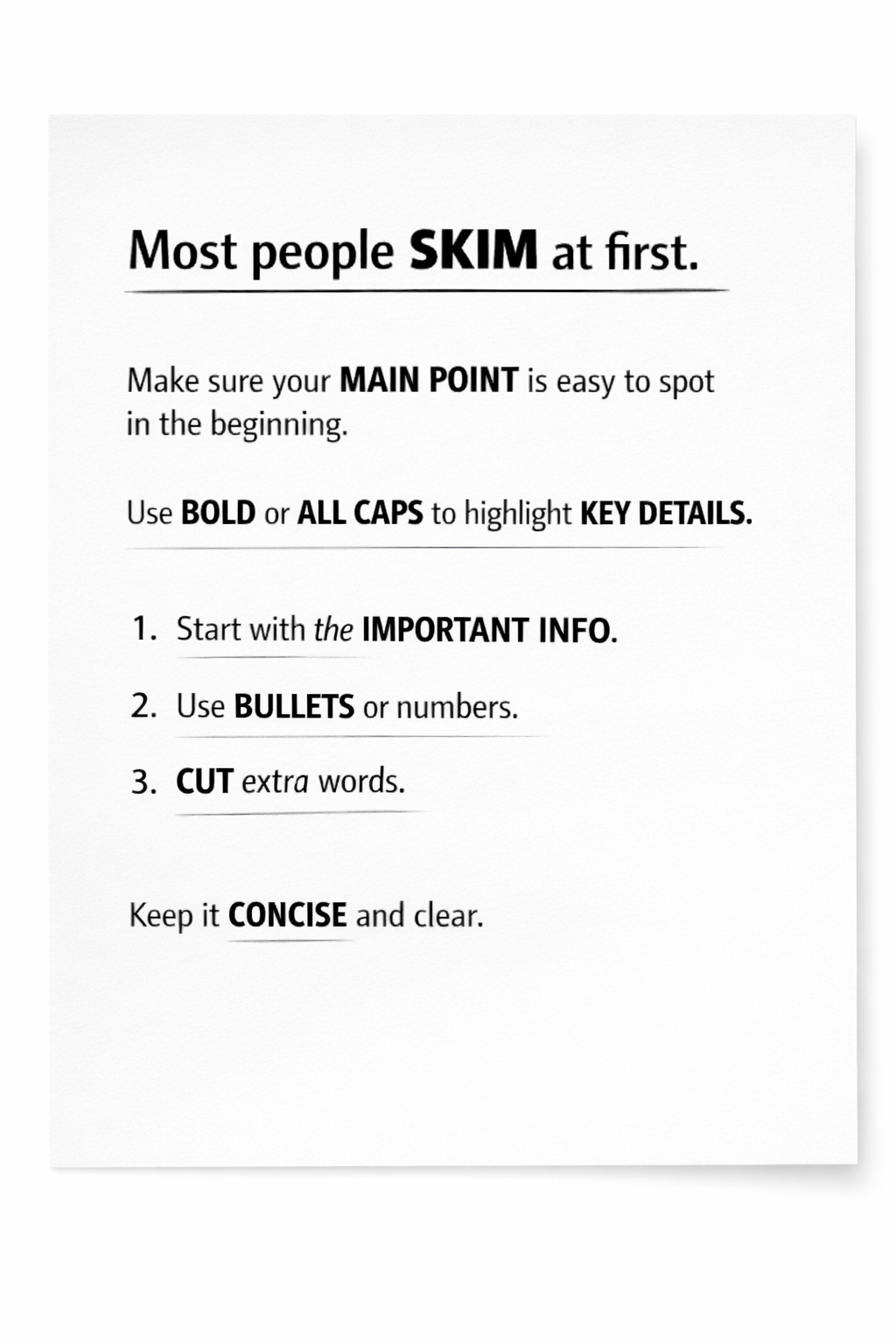Nib #58 Two-Cent Press Releases
In almost every form of writing, concision trumps verbosity. (Of course, concision also trumps mere brevity, as noted in Nib #48.)
Nowhere is concision’s value more evident than in press releases. Specifically, the quotes in press releases issued by Republican politicians.
Too many public figures and their press teams assume that the purpose of a press release is to ‘state their case’ on some issue. No. That’s what opeds and speeches and other, longer-form formats are for.
Press releases are only designed to add two cents into a public and media discussion. And two cents should usually mean two sentences.
There are three reasons why:
1. Reporters don’t really care what rando politicos say. Unless it’s the president, or a central figure in a breaking, headline-grabbing emergency (like a natural disaster or career-threatening scandal), you’re not getting more than one or two quotes into the media’s coverage of the story. So don’t waste your breath.
2. Message discipline. The more sentences you include in a press release quote, the more power journalists have over your boss’s message. For Republicans, surrendering this power to liberal-leaning reporters is malpractice. If a release quote is five sentences long, biased reporters can print the weakest of the five and make your boss look bad all while putatively practicing journalistic fairness. So don’t let reporters choose your message.
3. On social media, shorter is better anyway. Even if you ignore reporters altogether, pithier, punchier quotes make for better social media posts anyway. So don’t dilute your own message.
There is nothing wrong with including context and background information in a press release. Dates and places and bill numbers and cosponsors, and people the politician met with, etc. But that stuff can all come before the quote and after the quote.
Like all writing formats, press release quotes should be written intentionally and strategically. Who is the message for? What is its purpose? How best can it be delivered to that audience and achieve that end?
If you need more space to make a longer, more complex argument, that’s what essays and think tank panels and even books are for.
Most Republican press releases, most of the time, do best when they express their two cents in one or two sentences.
Until next week… keep writing!











